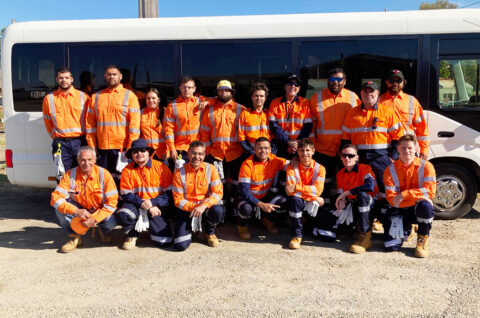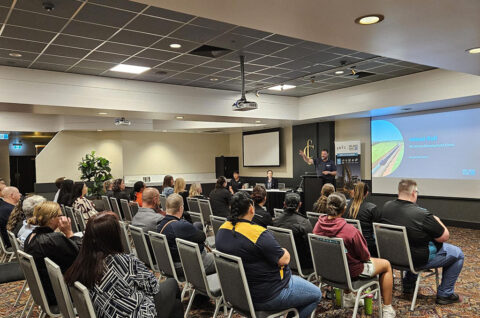Inland Rail confirms steady progress on Narrabri to North Star build
Speaking at the Australasian Railway Association annual Rail Freight Conference in Brisbane, Peter Borrelli, Project Director for the Narrabri to North Star (N2NS) section of Inland Rail, told conference delegates that steady progress continues to be made on N2NS that is nearly 200km in length and being built in two phases.
October 21, 2022

Phase One has three stages, 57km of track from north of Narrabri to Penneys Road, 28km of track from Penneys Road to South Moree, completed in 2021, and 80km of track from Camurra to North Star.
Phase Two of the N2NS project will see 15km existing track upgraded plus 2.3km of new rail track built between Moree and Camurra.
The construction of Phase One of the N2NS section will see the existing rail corridor upgraded to being able to accommodate double-stacked trains up to 1.8 kilometres in length.
During construction of Phase One some 170kms of old track has already been ripped out and nearly 300,000 old railway sleepers removed, with 135kms of new track and 225,000 new sleepers already installed.
In addition, Inland Rail has installed 4,250 new precast culverts, built seven new bridges, and completed upgrades to some 21 level crossings in the N2NS program to date.
Peter Borrelli, Inland Rail Project Director on N2NS, said:
“We are all very proud of what we have already achieved on the N2NS section, especially since we have faced significant challenges in the form of inclement weather and dealing with the COVID pandemic.
“Nearly two thousand people have worked on N2NS, including more than 600 local residents and 160 of these workers local indigenous residents.
“Inland Rail has also pumped around $180 million into the local economy, signing deals with nearly 140 local businesses.
“On the N2NS project we have delivered around 10,000 tonnes of capping and ballast per day and we have used around 320 tonnes of quick lime daily and have used nearly 5,000 precast reinforced concrete box culverts and built seven new bridges.”



